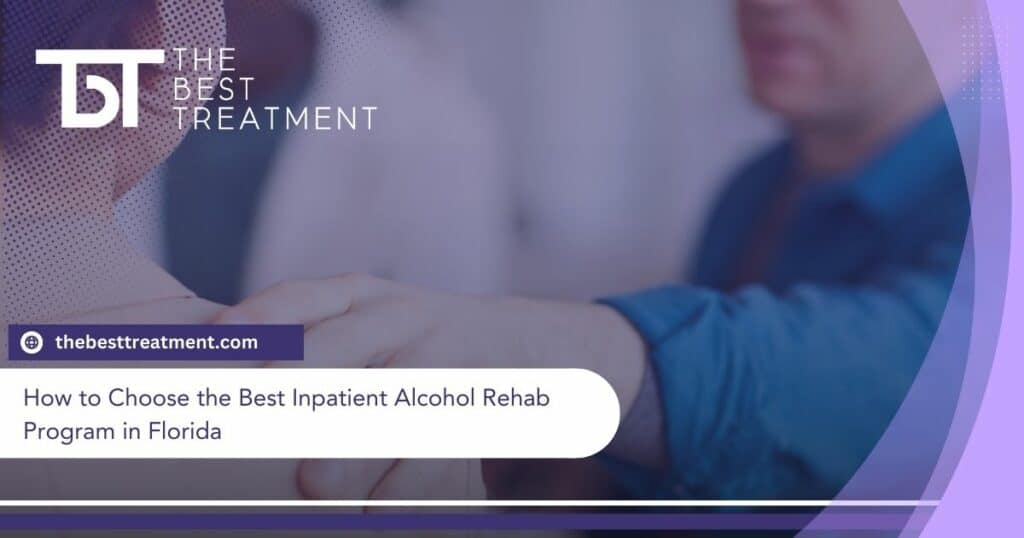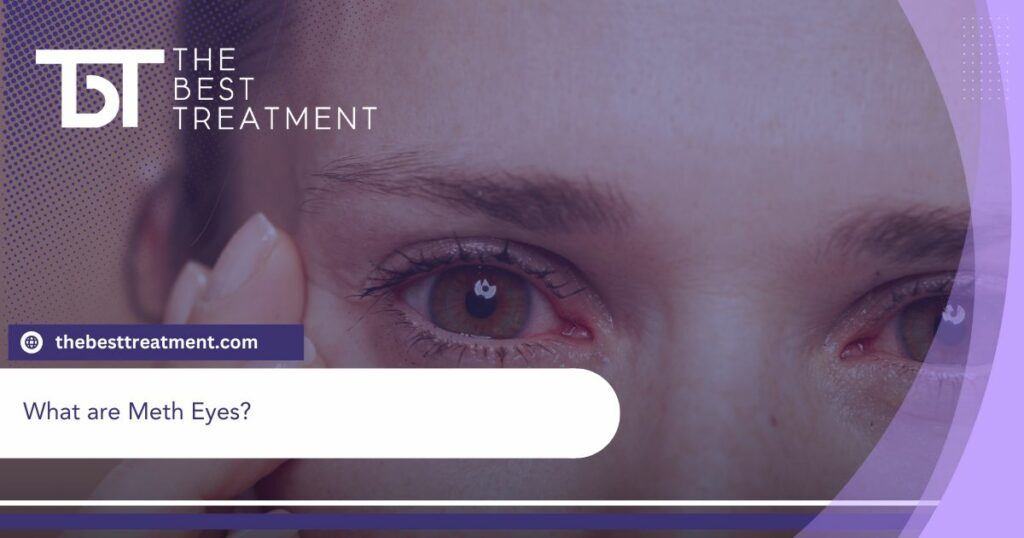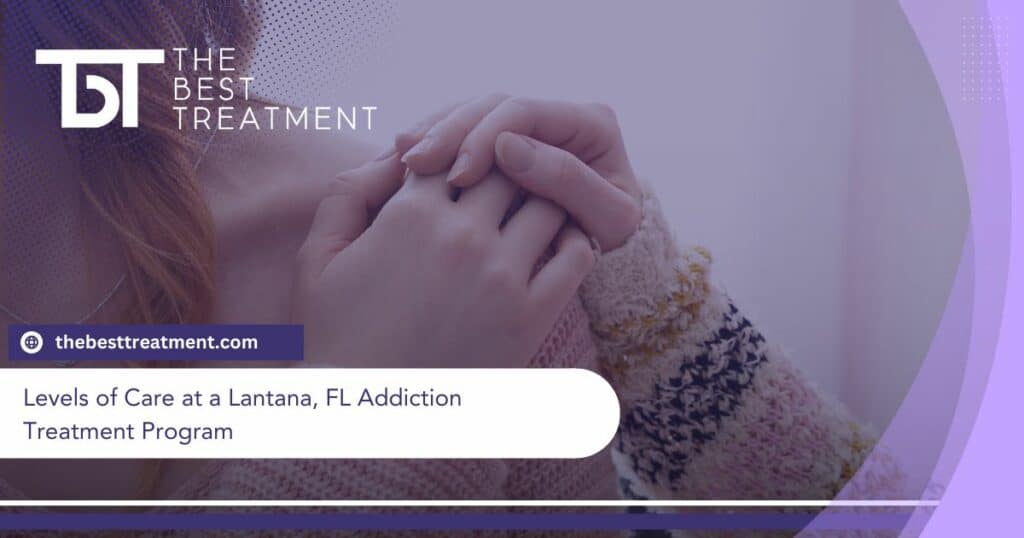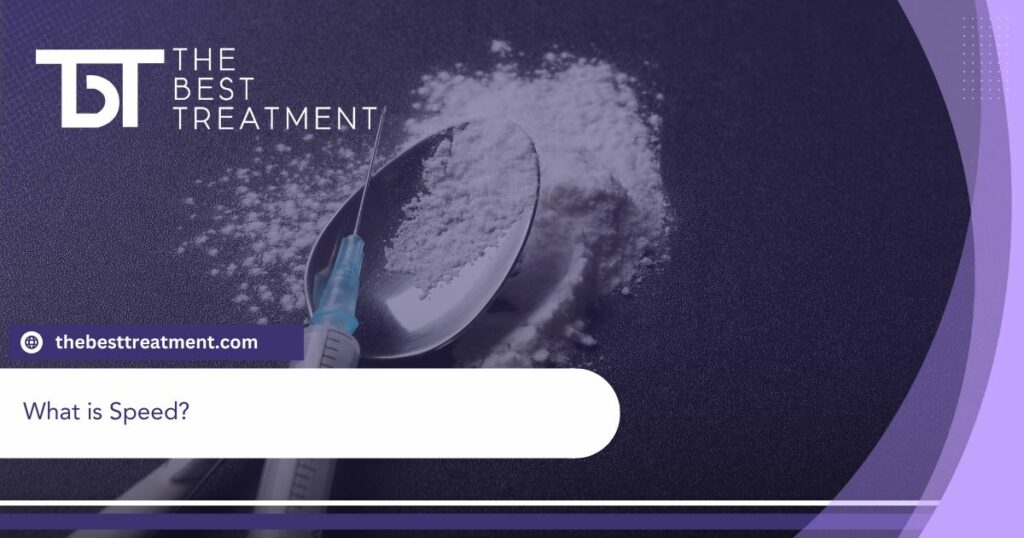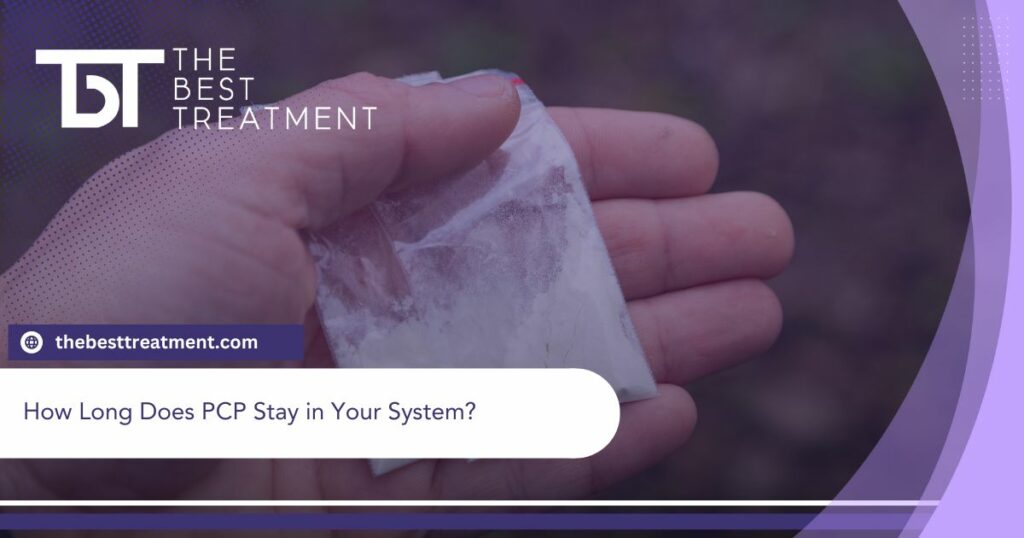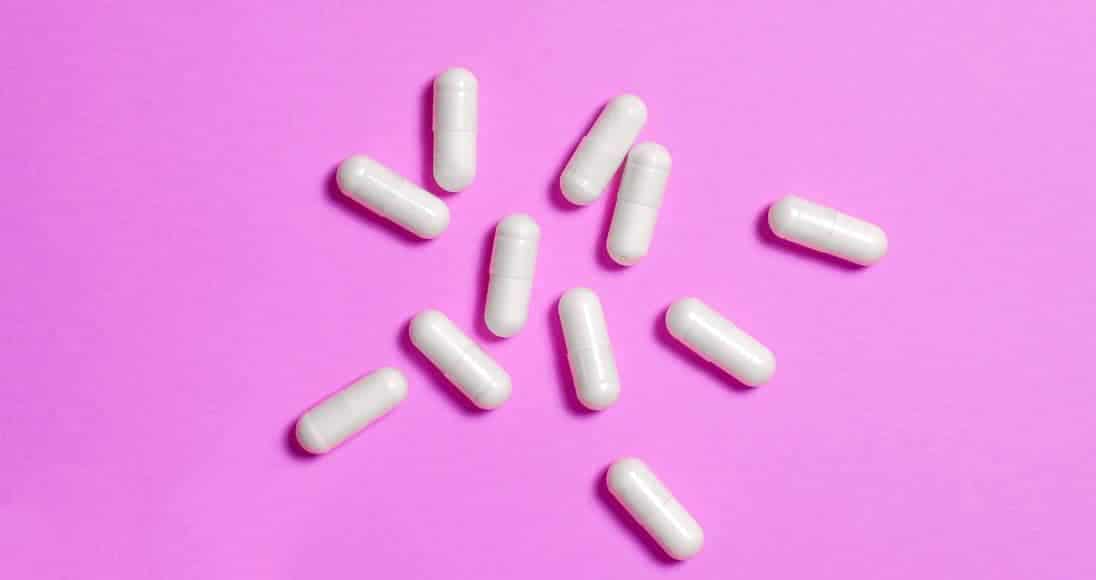Table of Contents
Gabapentin, also known as Neurontin, is a prescription painkiller belonging to its own class of drugs, Gabapentinoids. It is considered an anticonvulsant and is used to treat neuropathic pain, epilepsy, restless leg syndrome, and hot flashes. This medication is often used as a safer and less addictive alternative to opioids. Unfortunately, you can get addicted to gabapentin, and gabapentin abuse and addiction continue to increase at alarming rates.
Gabapentin addiction and abuse tend to occur in people who have previously dealt with addictions to opioids and other drugs. Even though gabapentin is used as a part of detox and addiction treatment, this drug poses risks related to abuse and addiction. When abused, gabapentin may produce feelings of euphoria, relaxation, and calmness similar to the feelings that marijuana produces. People who get addicted to gabapentin are at risk for serious side effects, overdose, withdrawal, and more.
What is Gabapentin (Neurontin)?
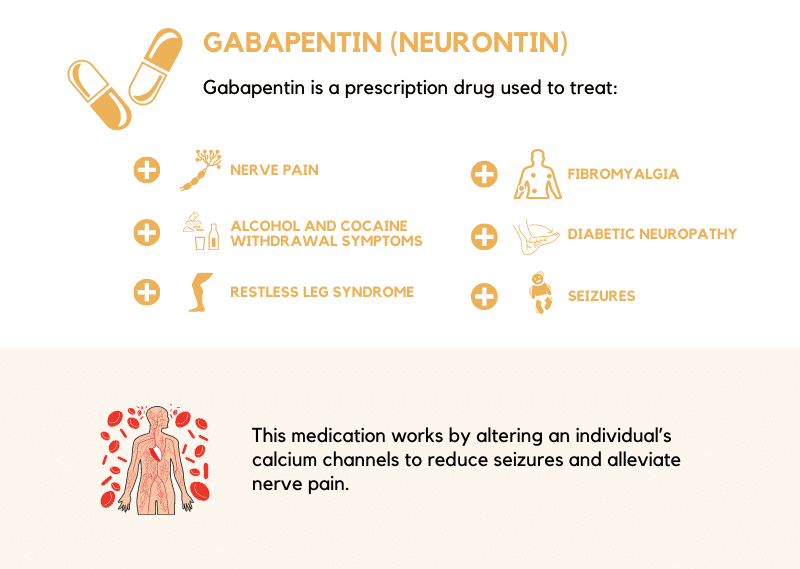
Gabapentin is a prescription drug used to treat nerve pain, alcohol and cocaine withdrawal symptoms, restless leg syndrome, fibromyalgia, diabetic neuropathy, and seizures. This medication works by altering an individual’s calcium channels to reduce seizures and alleviate nerve pain. The most common brand names of gabapentin include Neurontin and Gralise. On the street, this drug is referred to as “gabbies” or “johnnies”.
As previously stated, gabapentin has habit-forming and addictive qualities that users should be aware of. However, users should also be informed of the drug’s dangerous behavioral effects, including suicidal ideation, mood swings, and abrupt changes in a user’s behavior. In regards to physical effects, gabapentin causes elevated blood pressure, fever, sleep issues, changes in appetite, and chest pain.
An Overview of Gabapentin Abuse
Gabapentin abuse is most common among individuals who have dealt with an addiction to opioids, or another prescription drug, in the past. People who abuse this medication are seeking the “high” associated with taking an increased dose of gabapentin. The intoxicating effects of this medication include a sense of calm, euphoria, and a high similar to marijuana.
According to a Kentucky study conducted in 2013, out of 503 individuals reporting illegal drug use, 15% mentioned using gabapentin in combination with other drugs. With that being said, it is clear that there is a rising concern regarding gabapentin abuse across the country. Due to the legal status of this drug, policing gabapentin abuse has become difficult. Fortunately, many states who have noticed an increase in gabapentin abuse have begun to reclassify this medication as a more strictly controlled substance.
Gabapentin abuse is extremely popular among individuals in early recovery from substance abuse. These individuals take high doses of the drug (800mg or more) to experience an undetectable and euphoric-like high. This medication is so popular among individuals in early recovery because most treatment centers or sober living homes do not drug test for gabapentin. Long term abuse of this drug can cause people to get addicted to gabapentin.
On the other hand, many individuals abuse gabapentin with other opioid drugs. This causes a dangerous and potentially deadly combination. In fact, gabapentin overdose is possible – especially when this drug is mixed with other substances. However, unlike opioid overdoses, there are no antidotes for individuals suffering from a gabapentin overdose. If you or a loved one are displaying the signs of gabapentin overdose, such as drowsiness, muscle weakness, lethargy, drooping eyelids, diarrhea, and sedation, seek medical attention immediately.
Signs that Someone is Addicted to Gabapentin
When used in excess, gabapentin creates an array of side effects. Effects of excessive gabapentin use include:
- Drowsiness
- Issues with coordination
- Tremors
- Dizziness
- Depression
- Suicidal thoughts and behaviors
- Changes in mood
- Dizziness
- Forgetfulness and memory problems
- Anxiety
- Difficulty speaking
- Inability to feel pleasure
If you or a loved one have experienced any of the previously mentioned side effects, you are likely abusing or addicted to gabapentin. Unfortunately, the side effects of excessive gabapentin use may be detrimental to one’s physical and mental health, livelihood, and overall safety.
The signs of gabapentin addiction include:
- Lying about or exaggerating symptoms to doctors to obtain gabapentin
- Attending multiple doctors offices to get extra doses
- Switching doctors after the original doctor refuses to continue prescribing the medication
- Changes in social habits and/or circles
- Decreases in personal hygiene and grooming habits
- Constant preoccupation with the drug
- Unease at the thought of the drug being unavailable
- Refusal to quit despite facing social, financial, or legal consequences
- Failed attempts to quit gabapentin use
If you or a loved one have displayed the signs of gabapentin addiction, seek professional substance abuse treatment as soon as possible. Without medical intervention, frequent gabapentin abuse may lead to severe mental and physical health consequences.
Treating Gabapentin Addiction
Frequent and excessive abuse of gabapentin may lead to physical and psychological dependence on the drug. Dependency is defined by an individual becoming so accustomed to using a specific substance, that they need it to function normally. Unfortunately, individuals who are addicted to and attempt to quit gabapentin abuse on their own often experience withdrawal symptoms. The common withdrawal symptoms associated with gabapentin include anxiety, insomnia, nausea, pain, sweating, and seizures. With that being said, individuals who are addicted to gabapentin should attend a medically-assisted detox program as well as a residential or outpatient addiction treatment program.
If you or a loved one have dealt with the repercussions of gabapentin abuse and addiction, contact The Best Treatment Center today.
Medically Reviewed: September 25, 2019

All of the information on this page has been reviewed and verified by a certified addiction professional.





